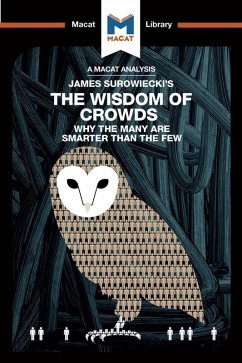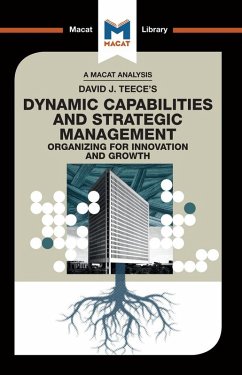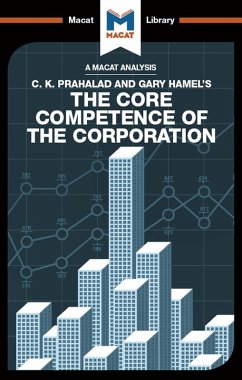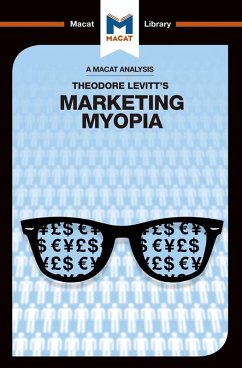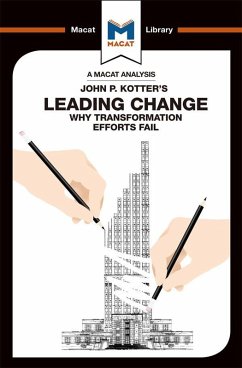
The Grammar of Innovation (eBook, PDF)
A Literary Exploration of Technological and Organizational Change
Versandkostenfrei!
Sofort per Download lieferbar
32,95 €
inkl. MwSt.
Weitere Ausgaben:

PAYBACK Punkte
16 °P sammeln!
In Six Memos for the Next Millennium, Italo Calvino elaborated on six concepts or memos to offer insights on the 'shapes of things to come', which were lightness, rapidity, exactness, visibility, multiplicity and consistency. To do so, the Italian writer embraced an interdisciplinary approach to describe each concept through juxtaposition of its antonyms, heaviness, slowness, indeterminacy, invisibility, uniqueness, and inconsistency. Inspired by Calvino's intuition, this book puts forward the notion of the 'Calvino Method' to interpret the inner dynamics of innovation processes. Drawing on li...
In Six Memos for the Next Millennium, Italo Calvino elaborated on six concepts or memos to offer insights on the 'shapes of things to come', which were lightness, rapidity, exactness, visibility, multiplicity and consistency. To do so, the Italian writer embraced an interdisciplinary approach to describe each concept through juxtaposition of its antonyms, heaviness, slowness, indeterminacy, invisibility, uniqueness, and inconsistency. Inspired by Calvino's intuition, this book puts forward the notion of the 'Calvino Method' to interpret the inner dynamics of innovation processes. Drawing on literature and cases from the fields of innovation, history of technology, organisation theory and corporate strategy, the book elaborates on each of the six concepts to offer a unique angle to understand innovation as technological, organisational and cultural change that generates value across a variety of domains.
The linguistic juxtapositions at the root of the CalvinoMethod forms the framework of The Grammar of Innovation and the tension between opposites, which at first seems insoluble, emerges as the catalyst of future thought. This book will be of great interest to scholars of innovation, strategy, organisation studies, philosophy of business, and all those with an interest in the works of Italo Calvino.
The linguistic juxtapositions at the root of the CalvinoMethod forms the framework of The Grammar of Innovation and the tension between opposites, which at first seems insoluble, emerges as the catalyst of future thought. This book will be of great interest to scholars of innovation, strategy, organisation studies, philosophy of business, and all those with an interest in the works of Italo Calvino.
Dieser Download kann aus rechtlichen Gründen nur mit Rechnungsadresse in A, B, BG, CY, CZ, D, DK, EW, E, FIN, F, GR, HR, H, IRL, I, LT, L, LR, M, NL, PL, P, R, S, SLO, SK ausgeliefert werden.



